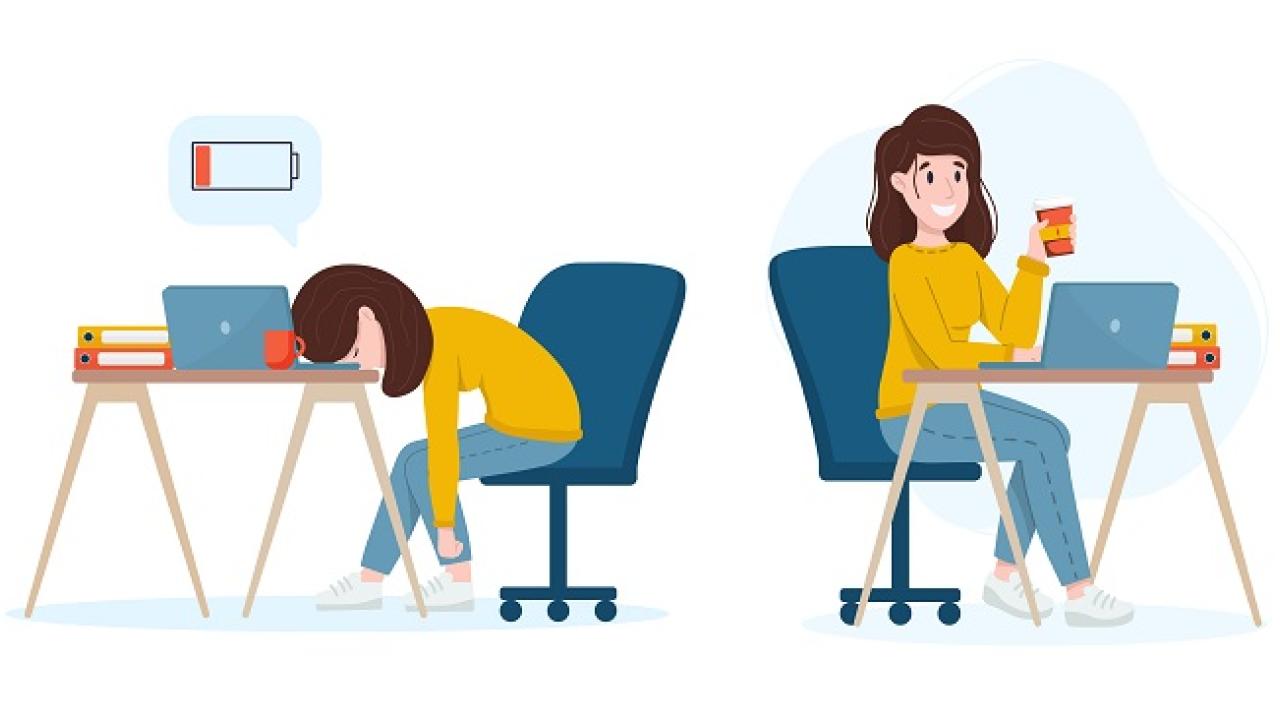
Accomplished Exhaustion or Meaningful Experience?
Accomplished Exhaustion or Meaningful Experience?
I was recently asked to coach a group of leaders from various parts of an organization. Although they were from different departments – client services, publications, IT, communications, operations – they all shared a sense of exhaustion that outweighed their sense of accomplishment related to some considerable successes.
I asked them each to take the Saboteur Assessment – a quick guide coaching tool that helps to uncover behaviors that may undermine client success. (it is free and available here). Not surprisingly, for five out of six members of the group, the number one saboteur was “hyper-achiever.” They each, in their own way, took pride in the long hours they worked to “get things done” , to “make things happen”, to prevent their teams from experiencing fatigue. According to the assessment, typical thoughts of hyper-achievers include: “I must be the best at what I do,” “If I can’t be outstanding I won’t bother,” and “I must be efficient and effective.”
Based on the group’s results, I next asked them to take the Maslach Burnout Inventory (MBI), a gold standard in measuring burnout (available to individuals for $20 here). The MBI uses three factors to measure burnout: emotional exhaustion (contributes to burnout), depersonalization (contributes to burnout) and personal accomplishment (reduces burnout). The majority of members of the group measured high in both emotional exhaustion and personal accomplishment, and low in depersonalization. According to the results, they are overextended. The MBI defines overextended as “deriving strong sense of accomplishment from work yet feels emotionally exhausted due to long work hours and disrupted recovery.” They were fulfilled, involved and emotionally drained.
Even before the pandemic, and definitely during the ongoing challenges of the pandemic, I have observed this phenomenon of loving the work and feeling buried by it in many of my clients and friends, and in myself. In researching the genesis of what I call “accomplished exhaustion” two factors stood out:
- Individual characteristics of perfectionism and a compulsive need for success.
- An organizational culture that rewards or expects overwork in the name of its mission.
In her book, The Healthy Mind Toolkit, Alice Boyes, PhD, suggests that skipping self-care in favor of overworking is a key contributing factor to accomplished exhaustion. “Self-care helps us tick along with our lives and goals, while maintaining a positive mood most of the time,” she says. “The absence of self-care can leave us feeling terrible.” As I read the passage, I was reminded of the days I have attended multiple Zoom meetings in a row, without a break…
Boyes defines self-care as anything that is a source of positive emotions. For some people it is listening to music. For others it is meeting friends. The spectrum is wide, and the benefits are many.
Boyes suggests the following five strategies for overcoming accomplished exhaustion:
- Understand that overwork is not necessary for professional success
- Be clear on your values and follow them
- Focus not on hustling to get ahead, but on deeper goals and your craft
- Find positive role models who have achieved success without overworking
- Learn to say “no” to re unreasonable requests…no matter where they generate from.
A basic law of cognitive psychology is that, when behaviors are reinforced, they increase. What personal behaviors are you reinforcing that may contribute to your experience of overwork? Are you working most nights and weekends? Do you regularly accept calls, respond to texts or emails beyond regular business hours? Do you know your saboteurs?
What are the behaviors that make you feel good? Reinforcing these behaviors may be the key to moving from accomplished exhaustion to meaningful experience.
